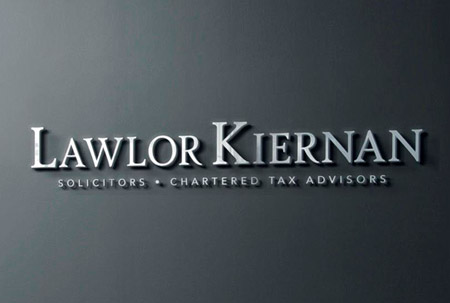
A case is regarded as defamation if a person prints or utters words that damage your reputation. This is among the cases where you have to prove your case beyond reasonable doubt because the evidence presented is subject to interpretation for court officials. What might appear like defamation to you might be considered otherwise to by other court officials. To win such a case, you require the legal assistance of a defamation solicitor in Dublin.
Defamation cases are settled in different ways. You may receive monetary compensation for the damage that has been caused. The other option could be a public apology on the platform where the defamation happened. You may also receive the two or even have your case dismissed. The outcome depends on the evidence you present. You will have to prove that defamation was out of negligence or willful acts of the person or entity you are suing.
There are different forms of evidence that you can present to proof your case. The evidence may be physical, testimonial, documentary or demonstrative.
Testimonial evidence– this is an oral presentation about the events surrounding the defamation. The witness will be under oath or penalty of perjury. The witness may be a lay person who was present or an expert witness. This is one of the weightiest forms of evidence that you can present.
Documentary evidence-this is evidence that proves the accusation through writing. It could be an article, email or text message that was defamatory. Online articles and social media posts fall in this category. However, they have to be printed for presentation to court. In most cases, the evidence is printed and distributed for public consumption.
Physical evidence– this refers to materials that are physical and can therefore be seen and touched by court officials or case participants. Leaflets and t-shirts or writing on walls may fall in this category. There is an overlap with documentary evidence but as long as the evidence is tangible, the court will consider it when making a decision.
Demonstrative evidence–this is a presentation that demonstrate that extent of damage. It could be a presentation of the number of people who accessed an article, the crowd that was listening to a speech, number of listeners for a radio program, viewers of a television program, etc. The evidence demonstrates that the actions of a person caused a particular extent of damage.
A defamation case is anchored on the weight of the evidence presented. The evidence is revealed during discovery stage. This is a pre-trial period where evidence available is shared. Questions will be asked to the affected and accused parties or their representatives, dispositions also take place and the parties may be asked to produce documents. These are instances of evidence preparation and production.
About Lawlor Partners
This is a team of experienced solicitors providing representation in different circumstances and tussles. With a specialist in defamation solicitor in Dublin and experience handling such cases, you are guaranteed a win and commensurate compensation. The solicitor pays attention to the details of your case and delivers the best representation.


